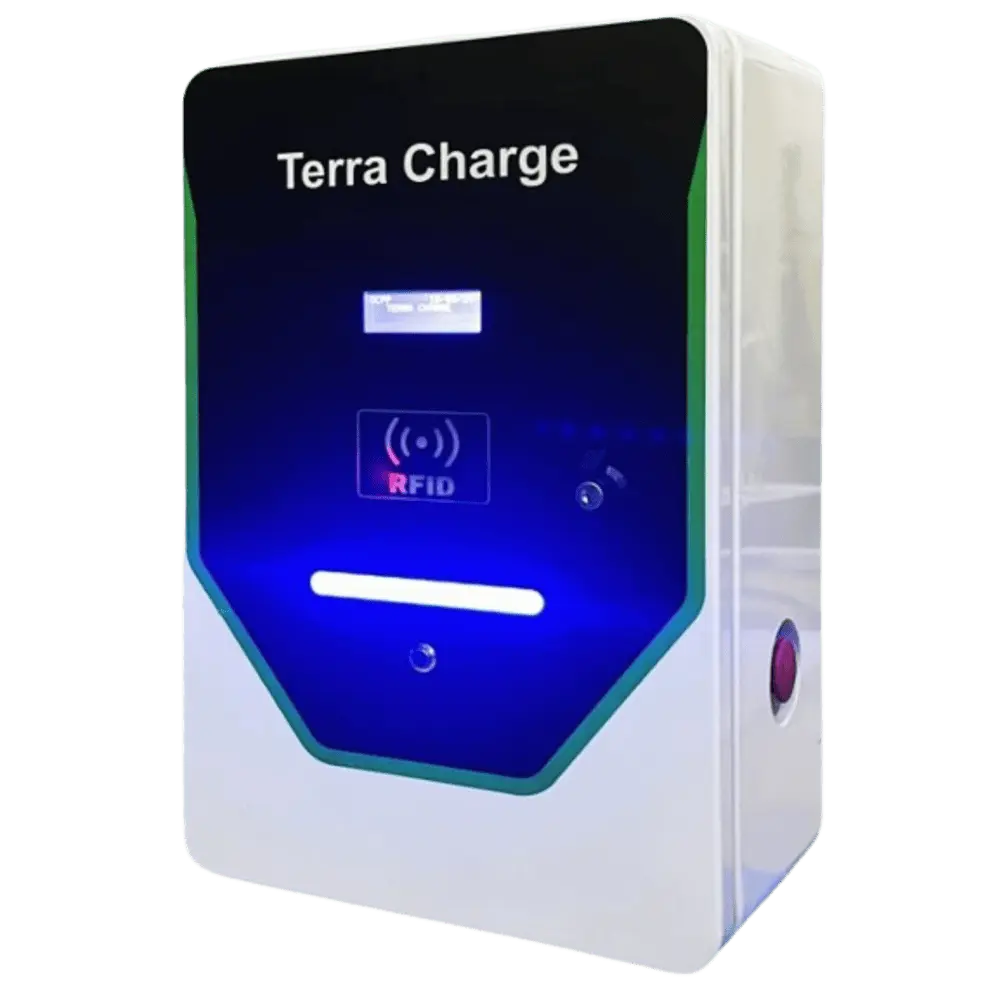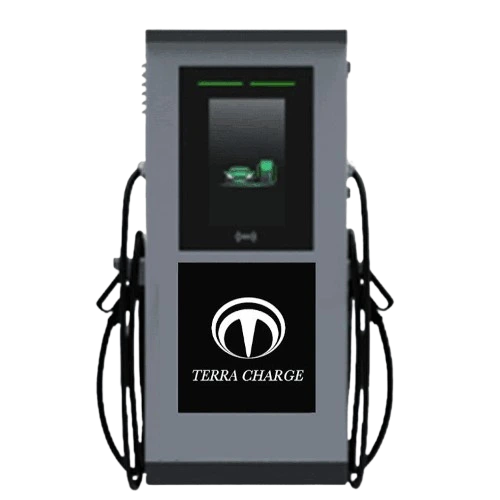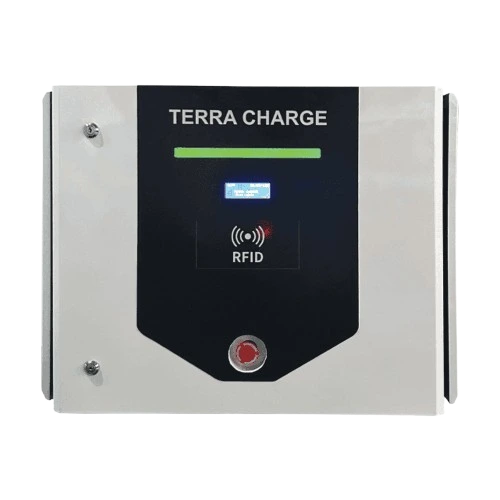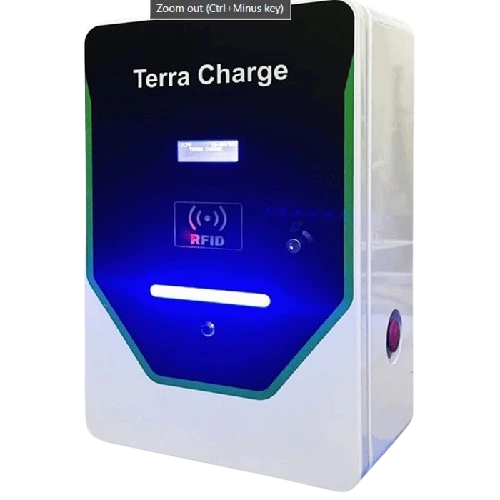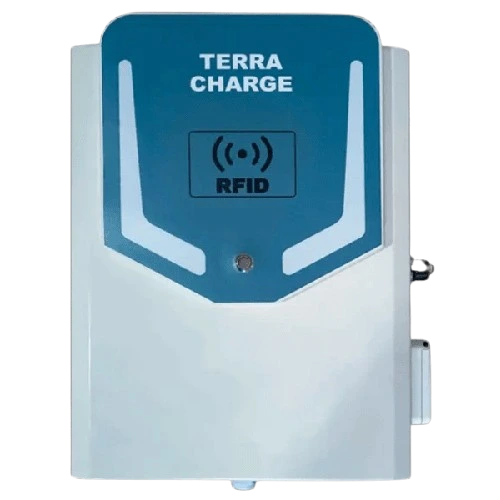Solar EV charging uses sunlight to recharge electric vehicles globally. As e-mobility technology improves, home solar EV charging becomes more convenient, cost-effective, and eco-friendly. To optimise this setup, consider adding a battery storage system. Battery storage offsets solar charging limitations by providing renewable electricity day and night, reducing utility bills through peak shaving and load shifting. Whether you currently charge with solar power or plan to, this guide aims to inform you about battery storage for EV solar charging, aiding your decision-making process.
How Does Solar Battery Storage Work?
Solar battery storage works by storing excess electricity generated by solar panels during daylight hours. This surplus energy is stored in batteries for later use during times when solar generation is low or when energy demand is high. The stored electricity is released from the batteries to power household appliances or charge electric vehicles when needed. This process helps to increase solar energy usage, reducing reliance on the grid and providing a more reliable and sustainable power supply.
Do Solar Panels Have Batteries?
Solar panels themselves do not have batteries. They are used to capture sunlight and convert it into electricity, but they don’t store that electricity. However, batteries can be added to a solar panel system to store the electricity generated by the panels for later use. These batteries allow homeowners to use solar power even when the sun isn’t shining, like at night or during cloudy weather. So, while solar panels don’t have batteries, they can be added to make solar power available whenever needed.
Types of Solar Batteries
Various types of batteries are used for storing solar power:
- Lead-Acid Batteries: These are the traditional option, known for their affordability and long-standing presence in the industry.
- Lithium-Ion Batteries: These batteries are lighter, more efficient, and boast a longer lifespan compared to lead-acid batteries.
- Nickel-Cadmium Batteries: NiCad batteries are relatively low-cost but have a shorter lifespan than lithium-ion batteries.
- Sodium-Sulfur Batteries: These high-temperature batteries are commonly employed in large-scale energy storage systems.
- Flow Batteries: A rechargeable battery type using two tanks of electrolyte solutions pumped through a cell to generate electricity.
- Zinc-Carbon Batteries: These disposable batteries are used in low-power solar energy storage systems.
Pros and Cons of Solar Battery
| Pros | Cons |
| Energy Independence | Initial Cost |
| Backup Power | Limited Capacity |
| Cost Savings | Maintenance Requirements |
| Environmental Benefits | Lifespan |
| Peak Load Management | Efficiency Loss |
Benefits of battery storage for solar EV charging
Battery storage for solar EV charging offers numerous benefits:
- Reliable energy backup is readily available: Batteries store solar electricity based on their capacity, potentially storing multiple days’ worth of energy. Having such an energy backup system ensures uninterrupted EV charging even during periods of low solar generation, such as storms or cloudy days. Solar batteries also serve as backup generators during power outages, ensuring continuous power for homes and electric cars.
- Cost Savings: Using stored solar energy during peak electricity demand periods can significantly reduce utility bills. Additionally, some regions offer incentives or programs for storing excess energy, further enhancing cost savings over time.
- Flexibility and Convenience: Stored solar energy allows for greater flexibility in charging electric vehicles and powering appliances. Homeowners can charge their vehicles or use electricity whenever needed, regardless of sunlight availability or time of day.
- Grid Independence: With battery storage, homeowners can reduce dependence on the grid for their energy needs. This independence enhances resilience against grid failures or disruptions, providing greater energy security and autonomy.
- Storing solar energy allows for flexible usage: Solar batteries extend the capabilities of household solar systems, providing access to clean, renewable energy whenever needed. Battery storage for solar EV charging eliminates the constraints of solar panels, enabling EV recharging overnight or at any time using free electricity.
- Consistent charging reliability: Charging an EV with solar electricity stored in a battery ensures a steady and uninterrupted charging process. Charging directly from solar panels can result in fluctuations in charging speeds and power due to varying sunlight conditions, making it less convenient to predict charging times.
- Reduction in carbon footprint: Adding a battery storage unit to a solar EV charging system can further reduce carbon footprint by 7-15%. This contributes to environmental sustainability, a key factor driving EV adoption for many individuals.
Conclusion
Battery storage for solar EV charging offers significant advantages, including reliable energy backup, cost savings, flexibility, and environmental benefits. By storing solar energy and use it efficiently, homeowners can reduce their reliance on the grid, enhance energy independence, and contribute to environmental sustainability. Whether you’re currently using solar power or considering it for the future, incorporating battery storage can optimise your solar EV charging setup, providing a reliable and sustainable energy solution for your home and electric vehicles.
FAQs
How does battery storage work with solar?
Solar battery systems are designed to store surplus energy generated by your PV system. They have the ability to monitor your home’s electricity usage. The internal battery management system will automatically redirect excess energy to the battery instead of sending it back to the grid.
What is the function of a battery in a solar system?
The function of a battery in a solar system is to store excess energy generated by solar panels for later use, providing backup power and enabling energy independence.
What batteries are used in solar energy storage?
The four main types of batteries used in the world of solar power are lead-acid, lithium-ion, nickel-cadmium and flow batteries.



